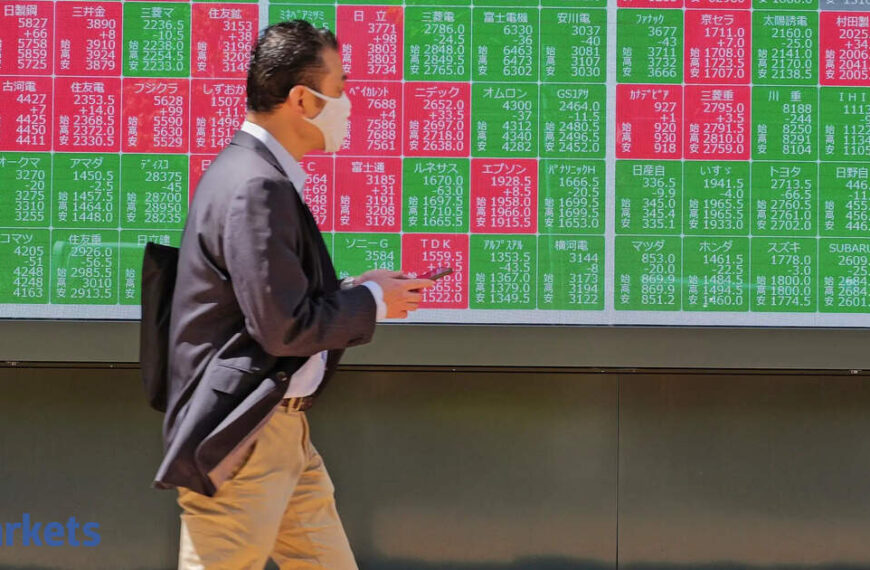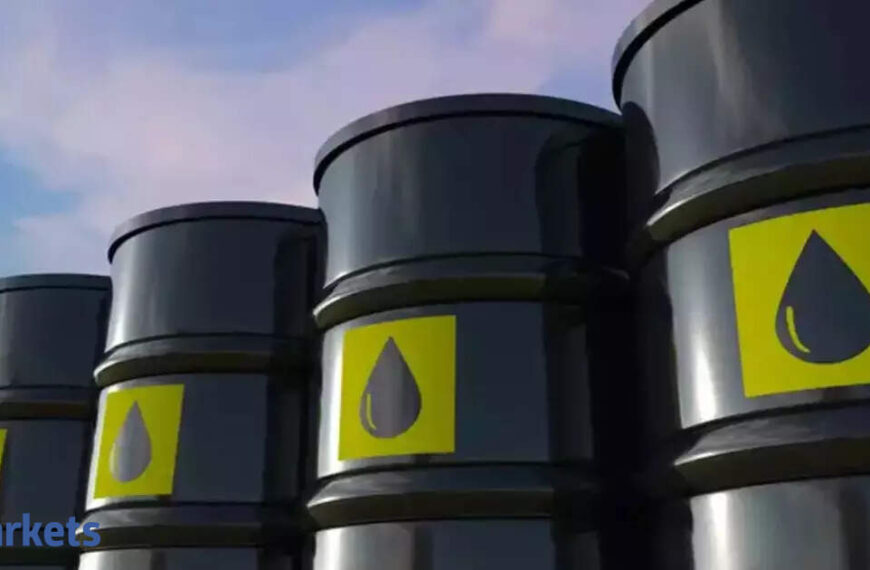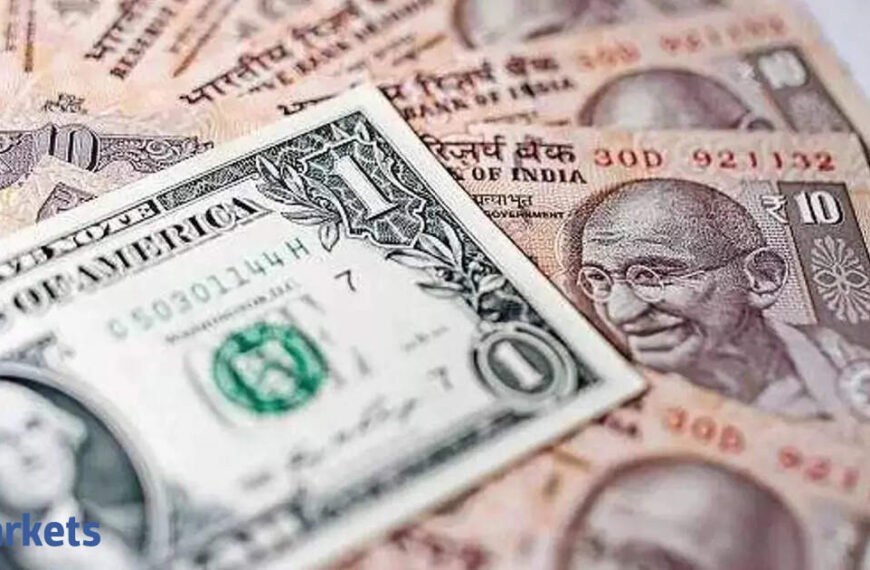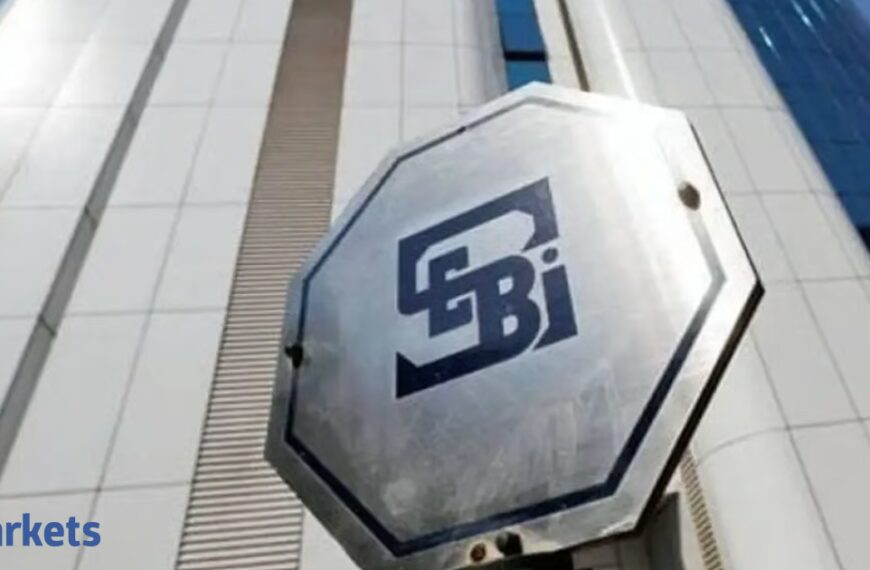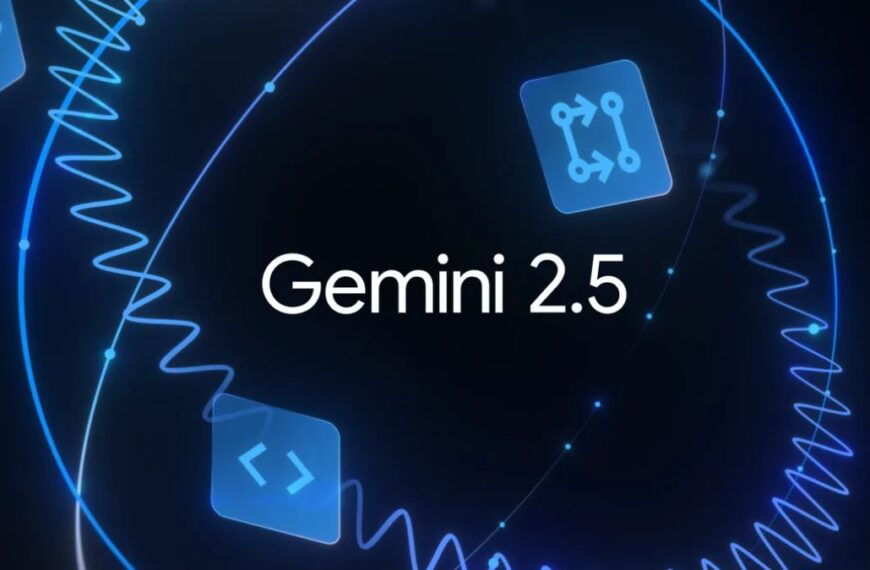The promoter group’s stake will fall to 38% after the IPO from 58%. The company has shown traction in revenue over the past three years and posted profit in nine months to December 2024 after widening losses for the past two years.
However, time taken to collect outstanding sales has increased, which has raised working capital requirements. Also, top five customers contribute about 42% to the revenue, reflecting client concentration. Given these factors, investors may wait and track the company’s performance after listing.
Incorporated in 2021, ArisInfra focuses on simplifying and digitising the procurement process for construction materials including aggregates, steel, cement, and other materials. Between April 2021 and December 2024, it has served 2,659 customers across 1,075 pincodes in cities including Mumbai, Bengaluru and Chennai. The company provides value-added services, such as advisory, consultancy, marketing and sales support through its arm ArisUnitern Re Solutions.
 Agencies
AgenciesRevenue grew by 24% annually to ₹696.8 crore in FY24 from ₹452.3 crore in FY22 while net loss widened to ₹17.3 crore from ₹6.5 crore. For the nine-month period ended December 2024, revenue and net profit were ₹546.5 crore and ₹6.5 crore, respectively.
After adjusting for non-cash expenses such as fair value change on derivatives and employee share-based payment expenses (Esops), Ebitda stood at ₹45.2 crore in nine months ended December 2024 from ₹7.2 crore in FY22. Adjusted operating margin improved to 8.3% from 1.6% in the same period. Net debt increased to ₹256.2 crore from ₹132.2 crore by similar comparison. It plans to repay ₹204.6 crore of debt through IPO proceeds. The profitability is expected to improve after repayment of debt since it would reduce interest outgo, which formed 70.6% of the operating profit (EBIT) as of December 2024 compared with 90% in FY24. Trade receivables days increased to 139 days in nine months ended December 2024 from 137 days in FY24.The company has turned profitable for nine-month period of FY25; however, high interest outgo has limited the extent of profitability. As a result, considering the post-IPO equity and annualised net profit for the nine months to December 2024 the price-to-earnings multiple of 207 looks skewed. On a price-to-sales basis, the multiple works out to be 2.5.


